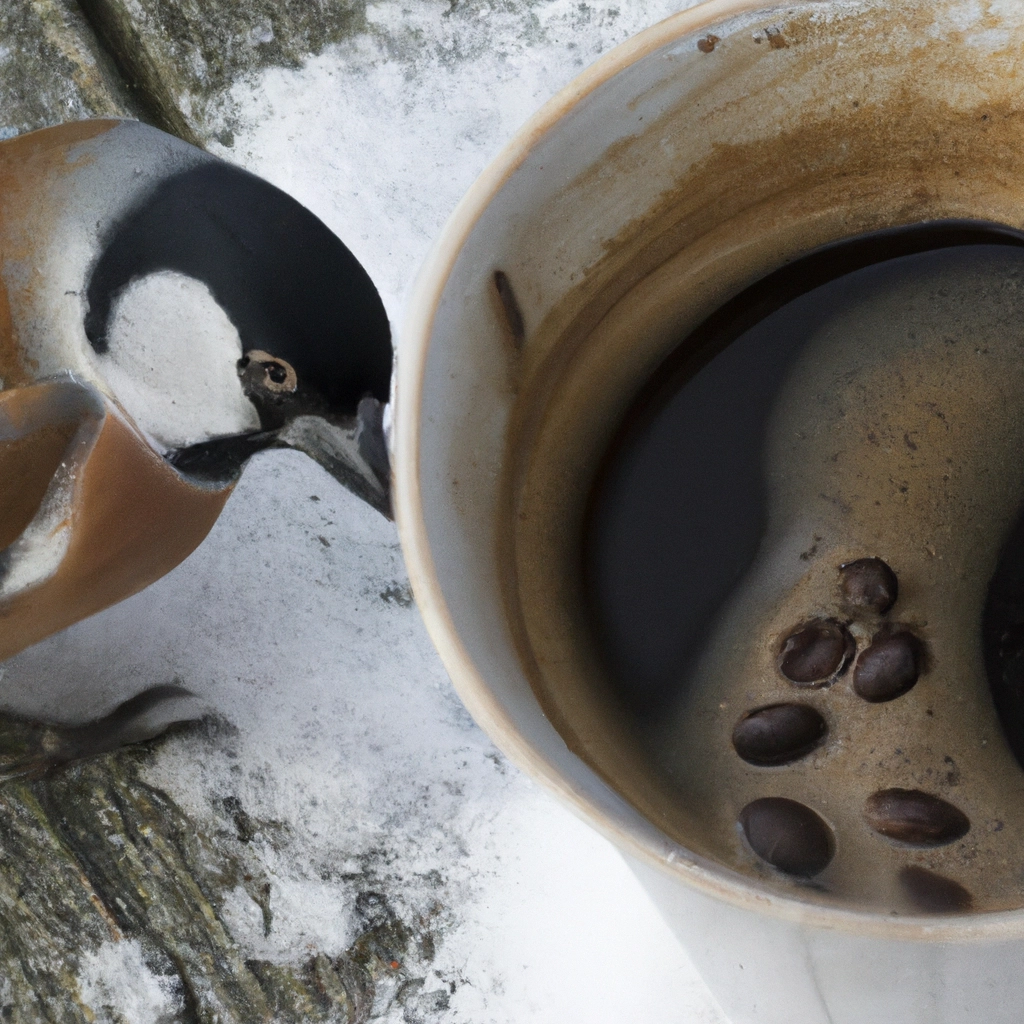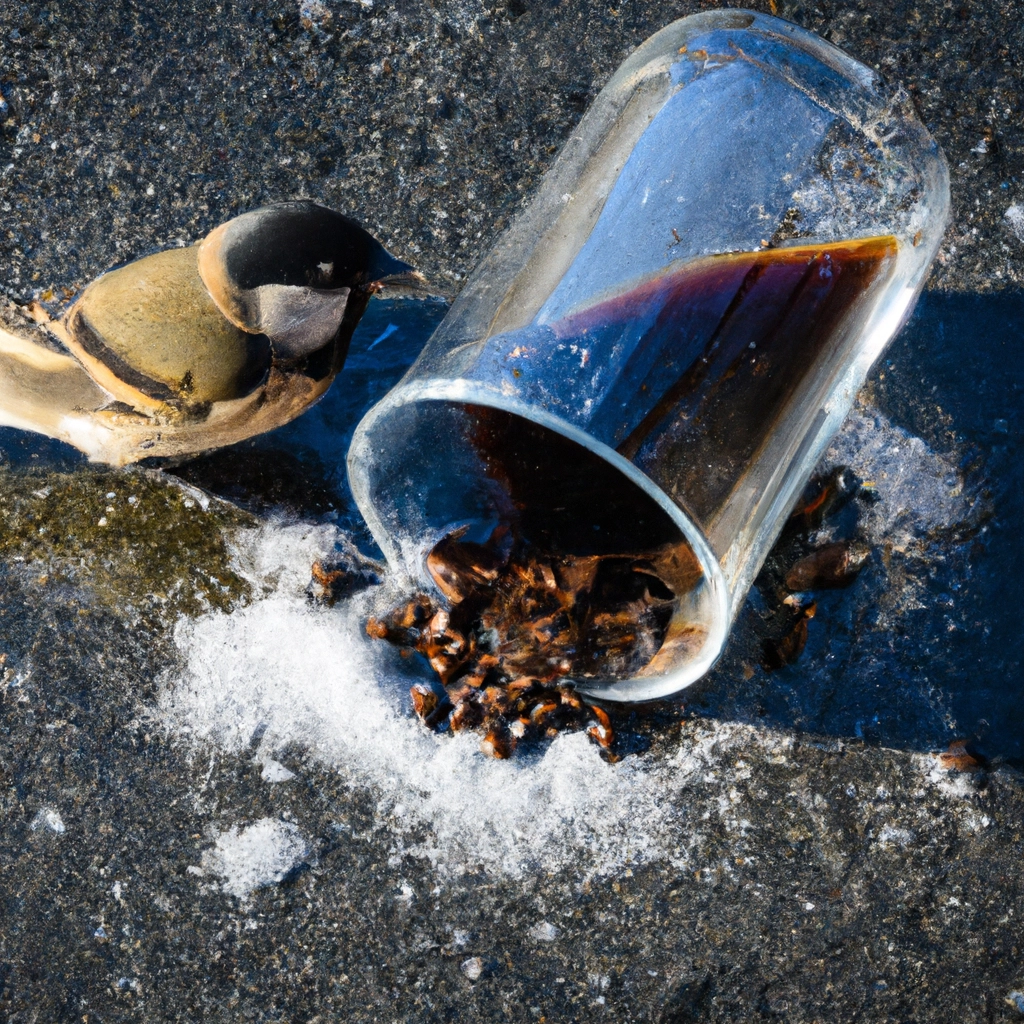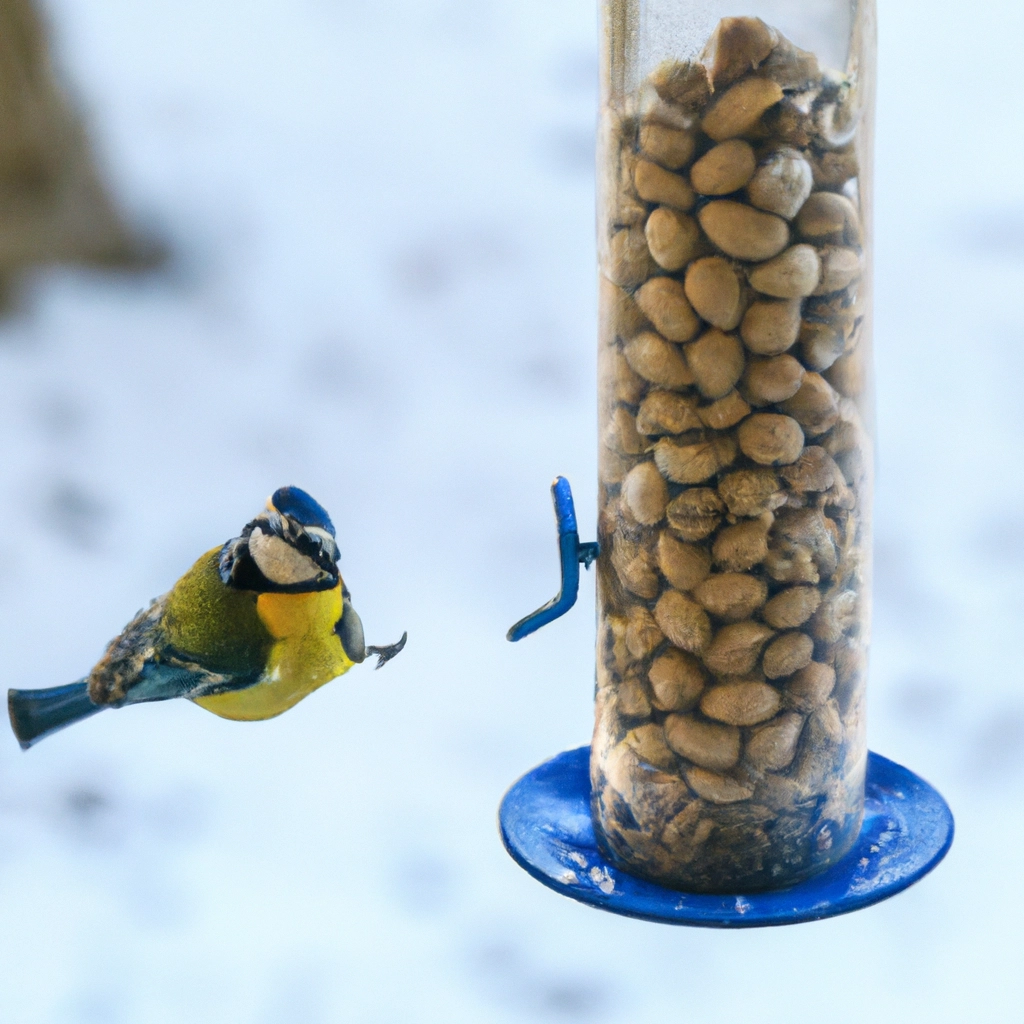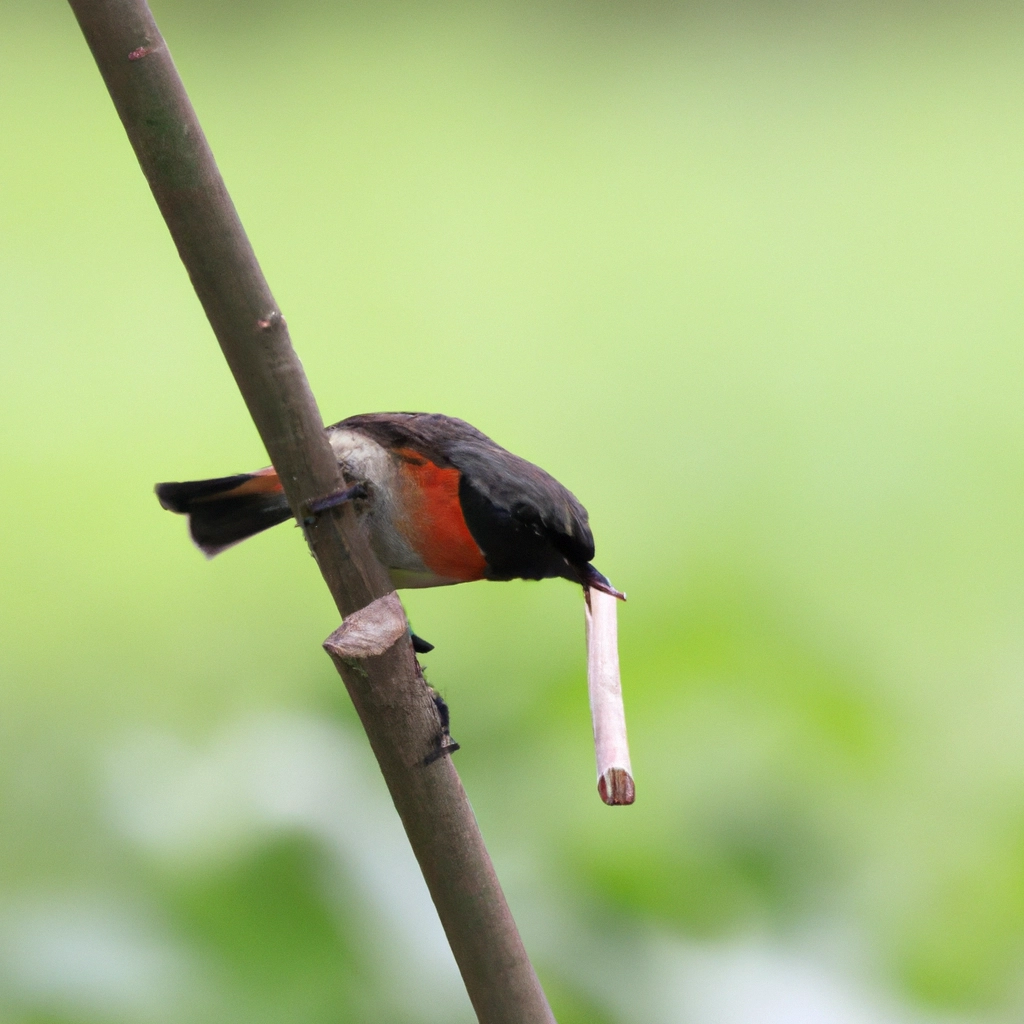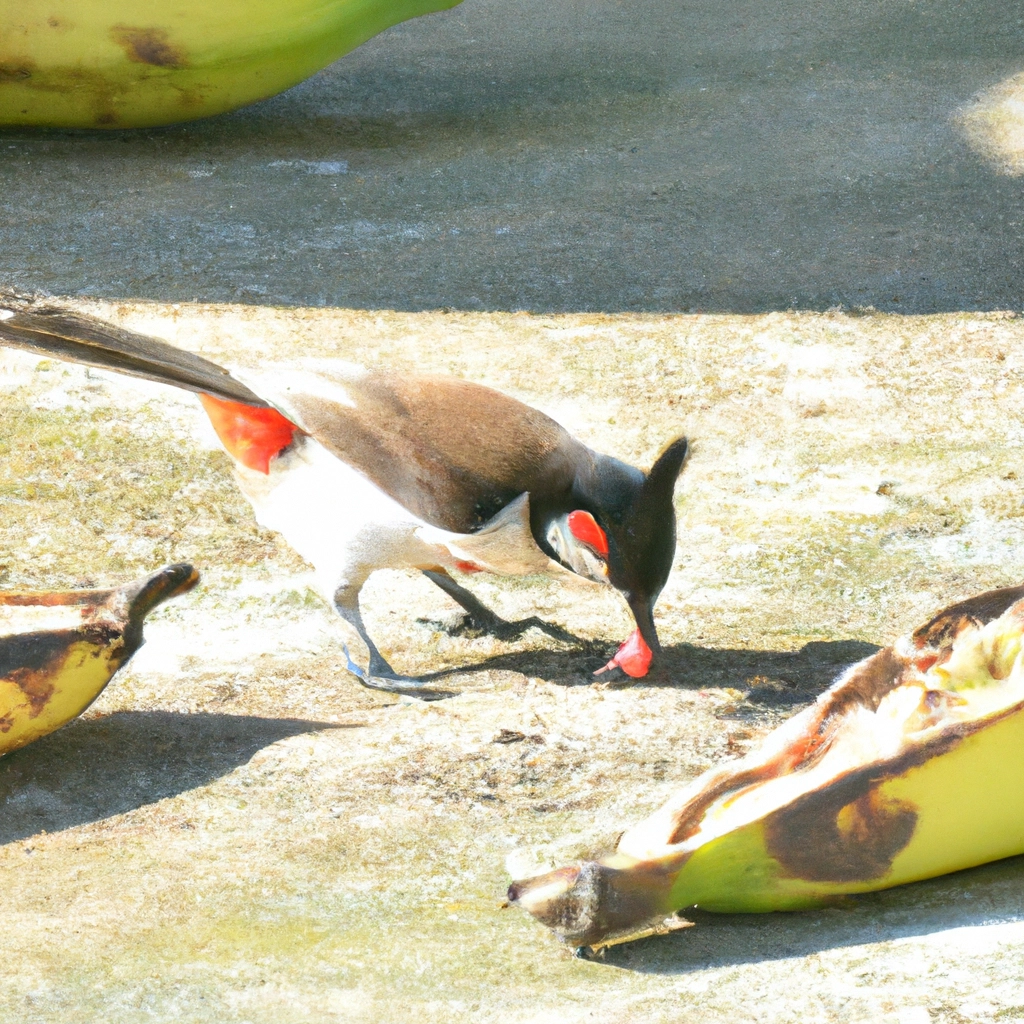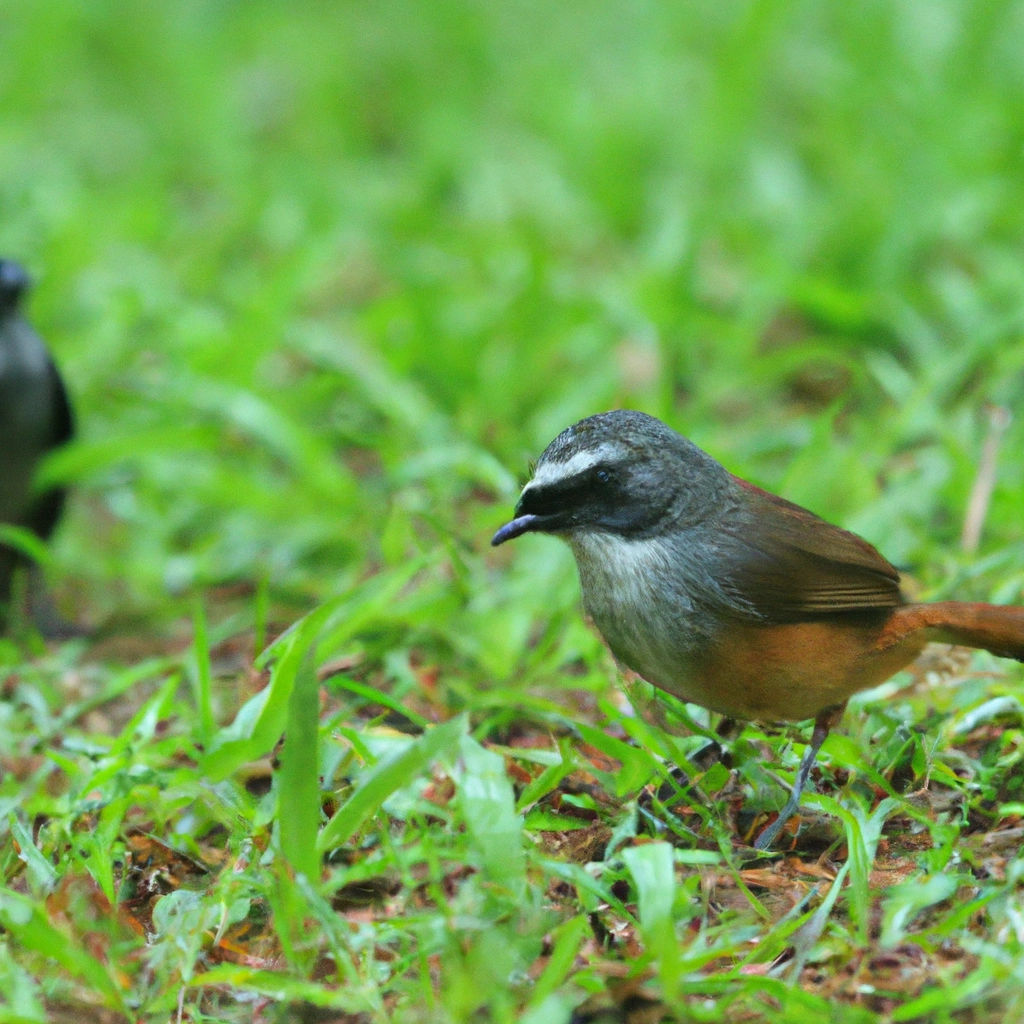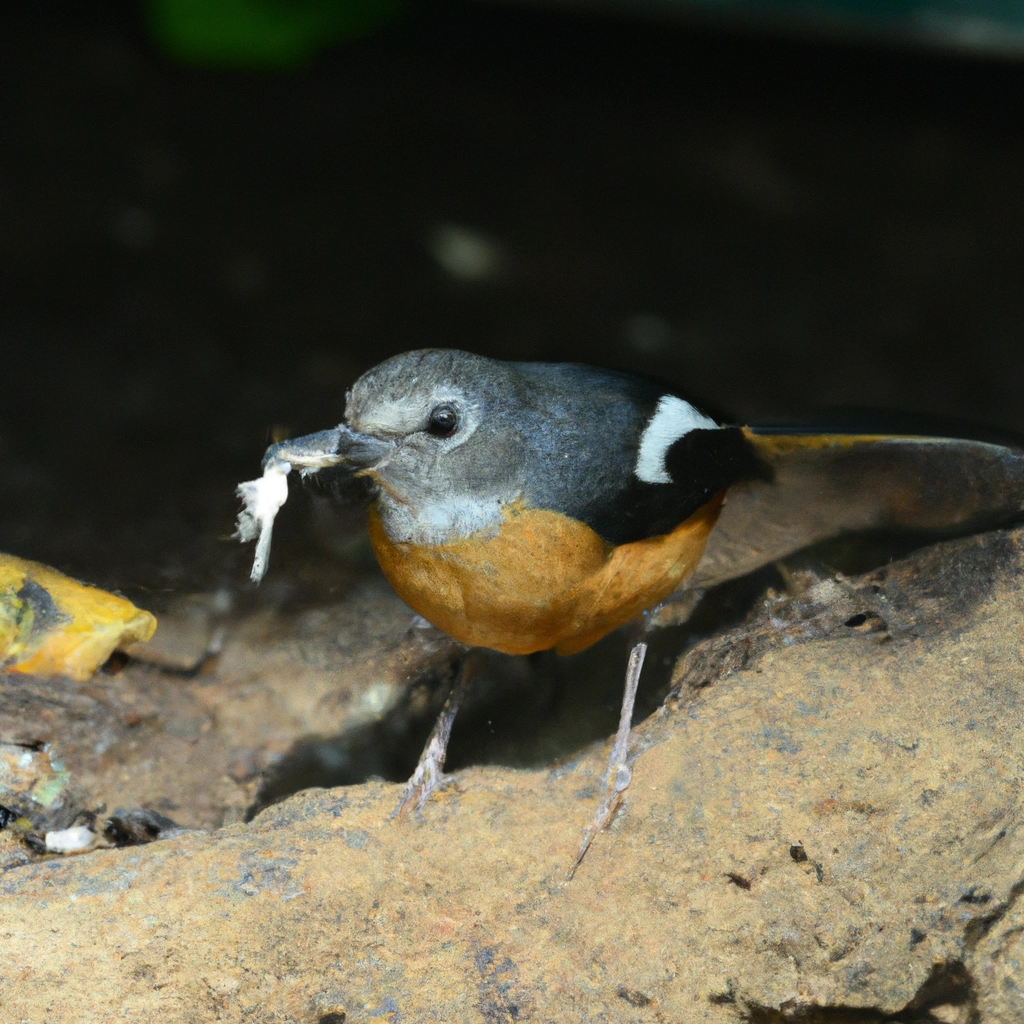| Bird Species | Effect of Coffee |
|---|---|
| Parrots | Caffeine can be toxic to parrots, leading to hyperactivity, cardiac arrhythmia, and even death. |
| Pigeons | Caffeine can disrupt pigeons’ natural behavior and nesting patterns, leading to decreased reproductive success. |
| Hummingbirds | Caffeine may negatively affect hummingbirds’ foraging behavior and energy balance. |
| Owls | Caffeine can impact the hunting abilities and overall health of owls. |
| Albatrosses | Caffeine consumption may lead to impaired mobility and behavior in albatrosses. |
Ah, the quintessential morning ritual – a hot cup of joe as the sun peeks over the horizon and a chorus of birds provides the perfect backdrop. It’s a slice of paradise in my own backyard, where the simple joy of bird-watching often has me wondering about their well-being. But, amidst the peaceful coexistence, a thought lingers: Could my caffeinated indulgence be a threat to these feathered friends? It’s a puzzle worth piecing together to ensure my wake-up routine isn’t a shake-up for the birds.
Today’s topic taps into the heart of human and avian worlds colliding. For many of us, coffee is the fuel that kick-starts our day, but what happens when the remnants of our morning fix find their way into the beaks of birds? Understanding the effects of caffeine on our winged companions not only satiates our scientific curiosity but also underscores our role in protecting their delicate existence.
Natural Behavior of Birds
Bird-watching, a pastime of mine, has shown me how these creatures are masters of survival, efficiently foraging and skillfully choosing their meals from nature’s pantry. Gazing through my binoculars, I’ve observed them meticulously selecting seeds, berries, and insects, ensuring a balanced diet necessary for their energetic lifestyles. Their innate feeding strategies are nothing short of fascinating.
Intrigued by their dining habits, I’ve spent countless hours documenting their natural food sources and marveling at their adaptability. Yet, amid this admiration, the thought of an artificial substance like caffeine disrupting their nourishment process is somewhat disheartening. It’s a testament to how interconnected our lives are with the foraging patterns etched into the DNA of these avian wonders.
Potential Effects of Caffeine on Birds
Diving into the sea of research, it’s clear that caffeine, much like in humans, can have a potent effect on birds. Their metabolism isn’t cut out for the buzz we seek from our espresso shots. Imagine a hummingbird hyped up on a caffeine kick – it’s a startling picture that researchers are beginning to paint as they study the impact of this stimulant on birds.
Experiences shared by fellow enthusiasts point towards anecdotal evidence of birds that seem out of sorts, possibly jittery from a caffeine encounter. I recall one particular morning when a sparrow’s erratic flight caught my eye, sparking the question, “had it indulged in someone’s discarded latte?” It’s moments like these that reinforce the need to understand the repercussions of our coffee culture on these tiny aviators.
Human Activities and Bird Exposure to Caffeine
Our day-to-day actions, such as tossing coffee grounds into the garden or leaving a cup unattended at the park, might be inconsequential to us, but for birds, it can be an unintended invite to a toxic treat. Encounters with birds foraging near cafés are quite common – a stark reminder of how urbanization influences their search for sustenance and exposes them to our dietary habits.
I once spotted a finch pecking away at a pile of grounds behind my local coffee shop, and it struck me – our waste can unknowingly become a harmful handout for these creatures. As humans, we’re the stewards of our environment, and it’s clear our role involves mindful action to lessen the impact of our caffeine-laced lifestyles on our feathered neighbors.
Responsible Practices and Recommendations
Contemplating how to harmonize our love for coffee with bird welfare, it’s about adopting measures that mitigate risk. Simple actions, like proper disposal of coffee waste and understanding the journey from our cups to their beaks, go a long way. It’s a commitment I’ve made, ensuring my after-coffee cleanup is as bird-friendly as possible.
Consider this an open call to coffee aficionados to reflect on their habits beyond the last sip. I pose a challenge: Can we reevaluate our routines to safeguard the birds that serenade us every morning? It’s a pledge to change that I hope others will take to heart, transforming our collective impact from potentially harmful to harmoniously helpful.
Mulling over the bond between our caffeinated pursuits and their consequences on wildlife, it’s essential to remember that our actions ripple through ecosystems. My personal journey into this topic is just beginning, and I’m eager to continue unraveling the threads that connect us to nature’s tapestry.
Inviting you to join this dialogue, your anecdotes and insights could further enlighten us all on the dos and don’ts of coexisting with birds in our caffeine-fueled world. Together, let’s mold a future where savoring a cuppa doesn’t spell trouble for the birds that brighten our days.
